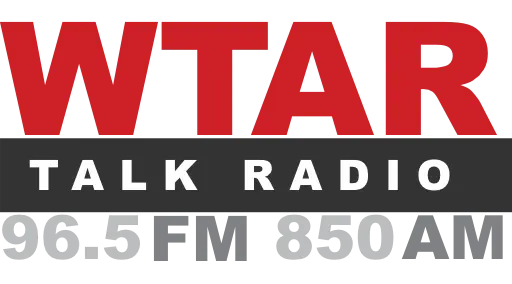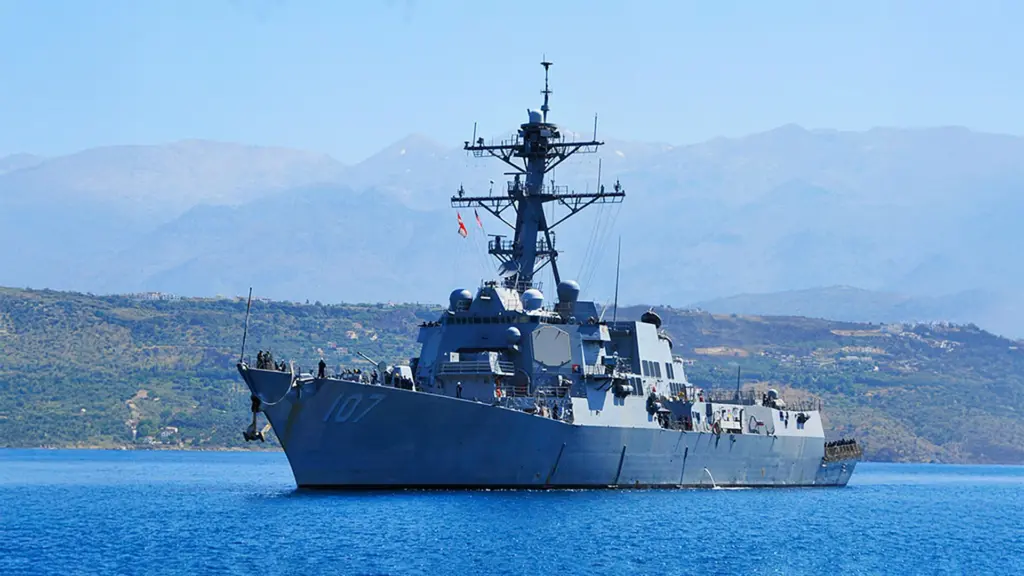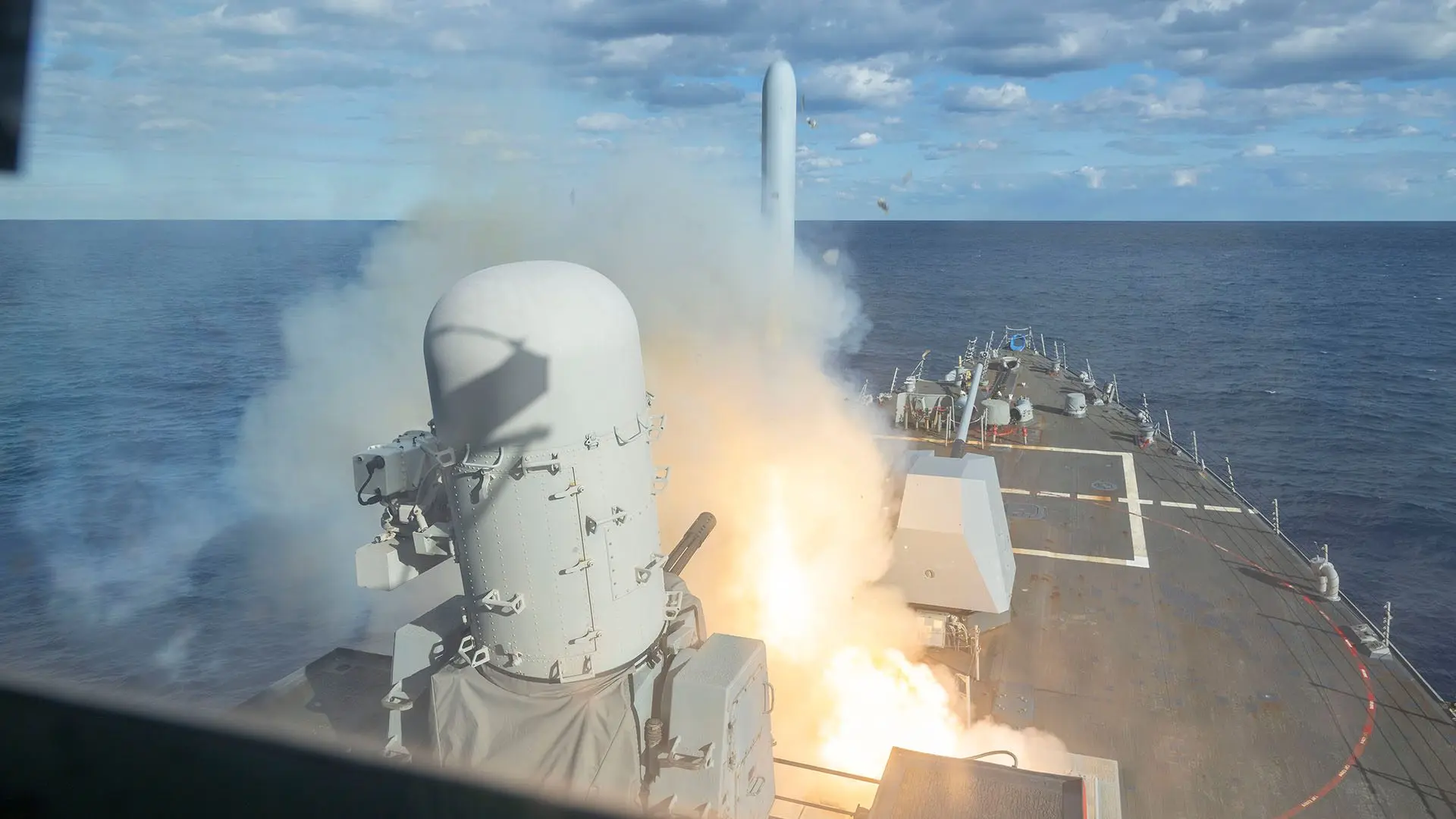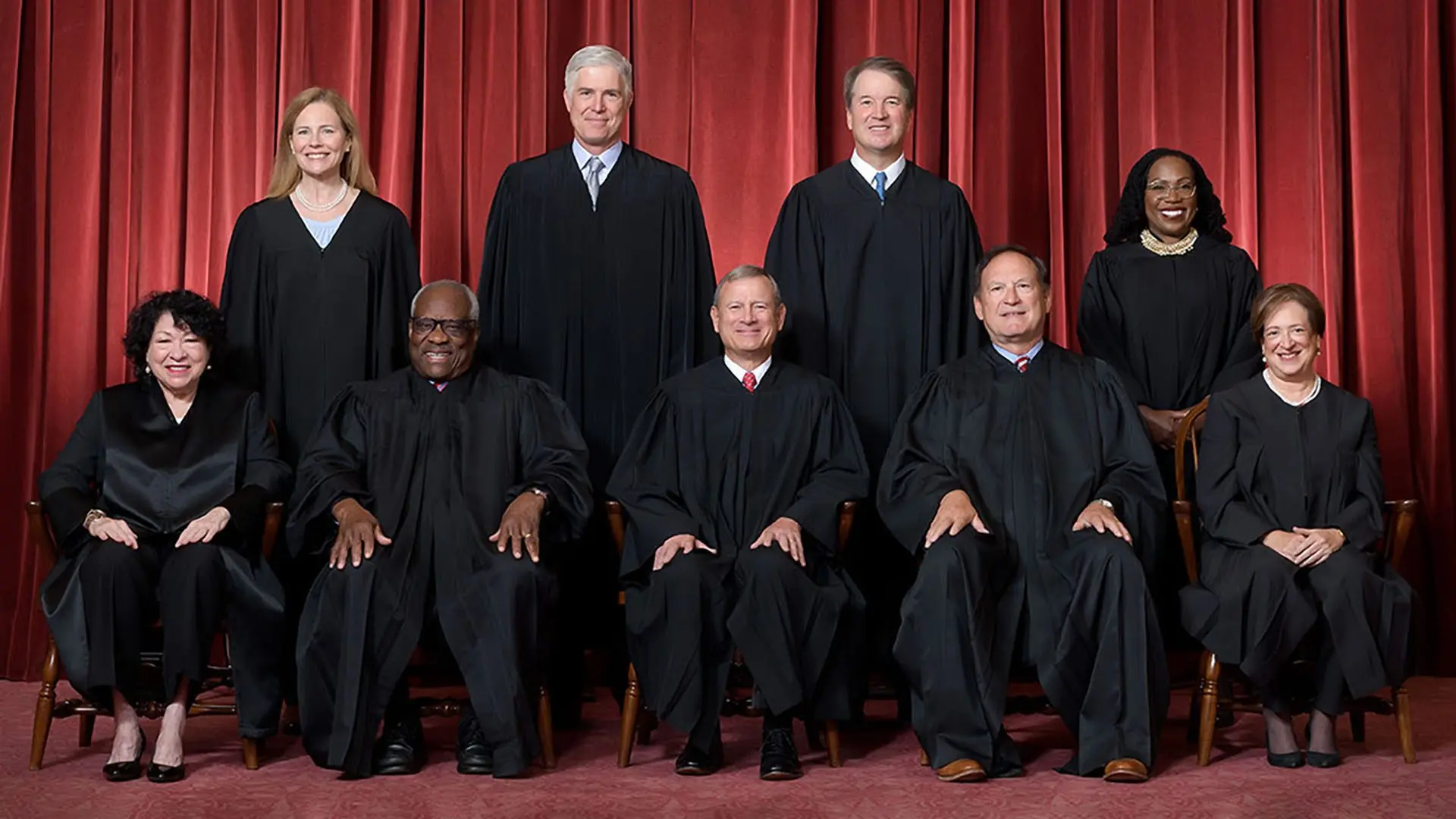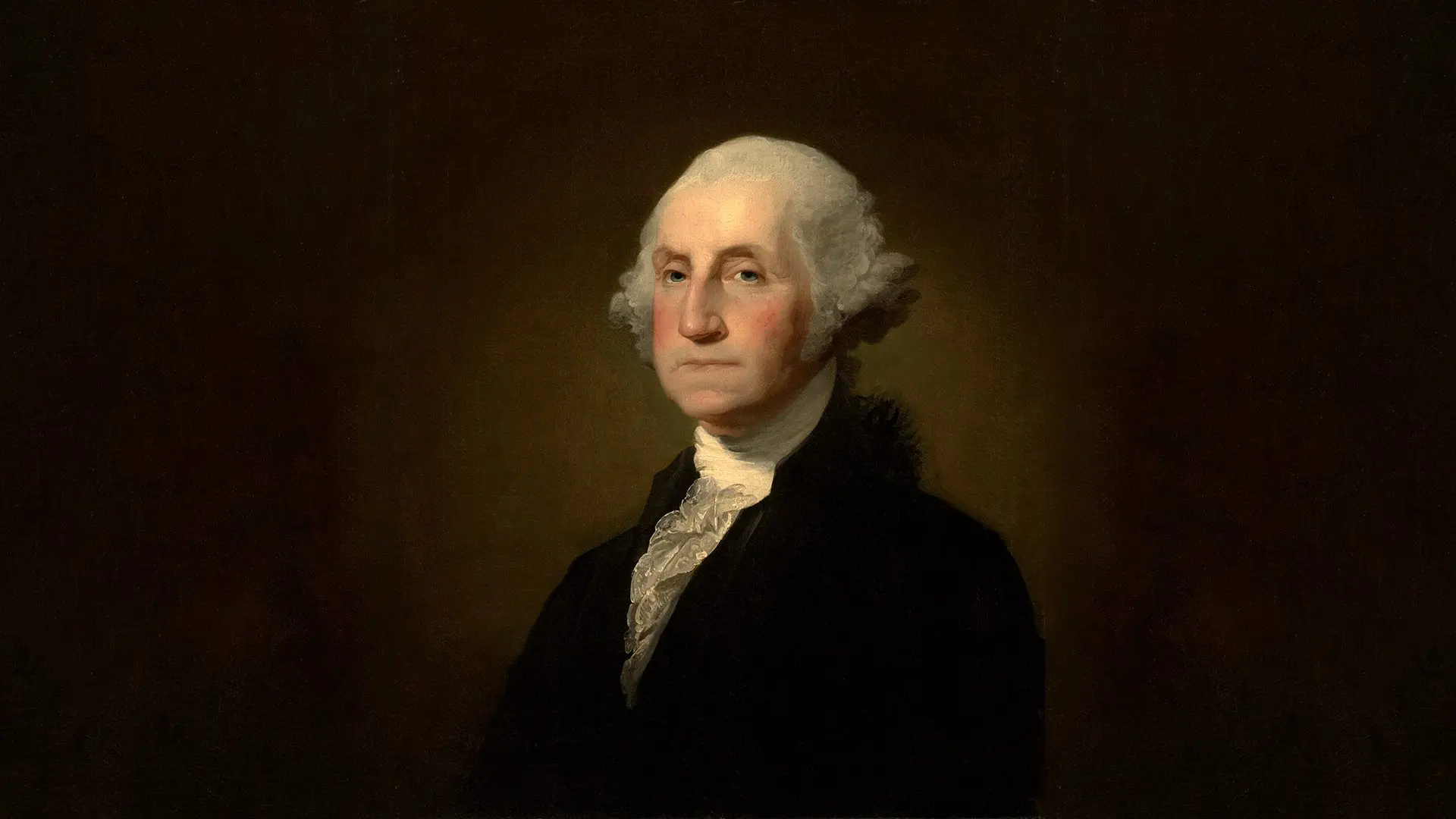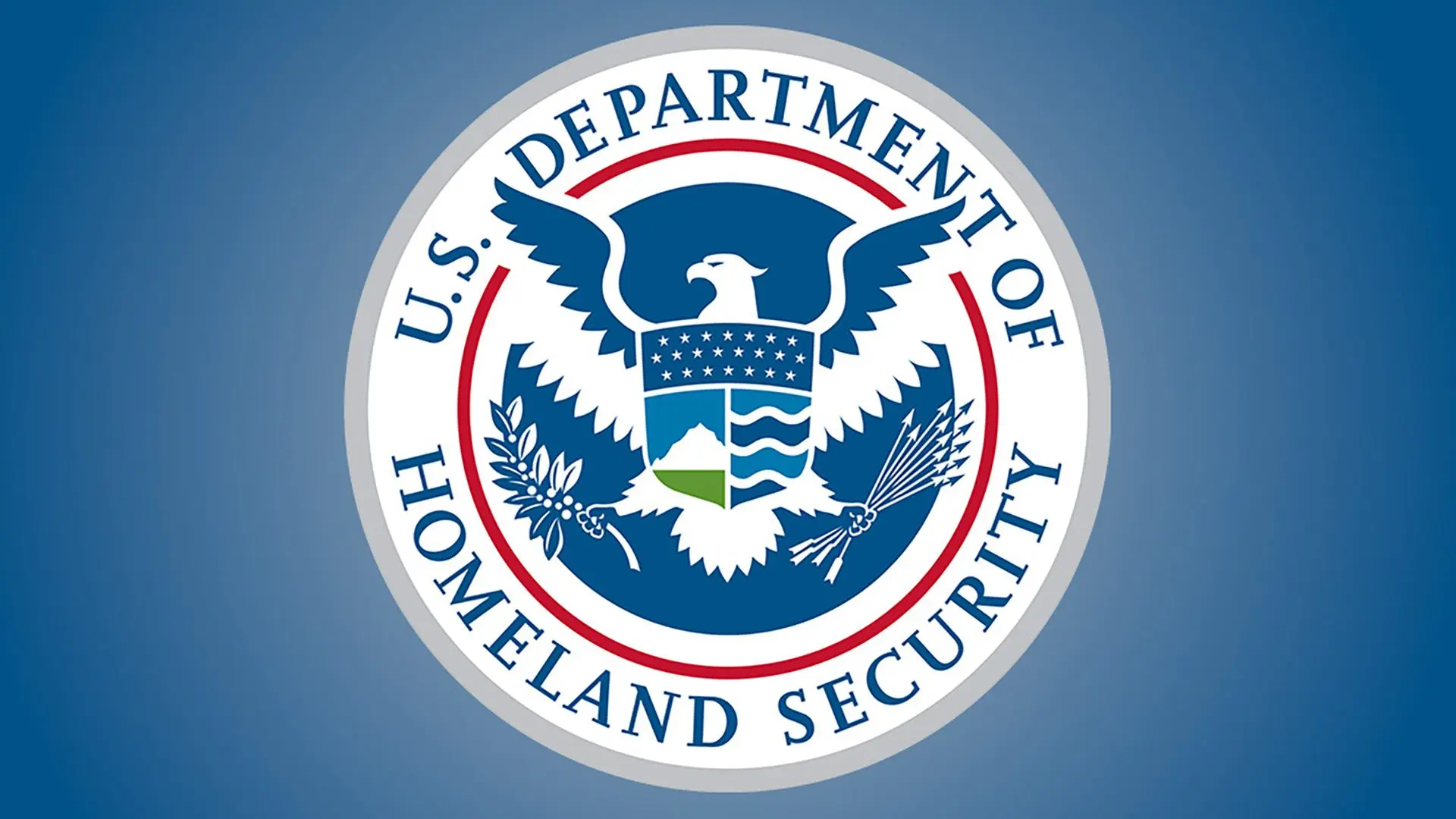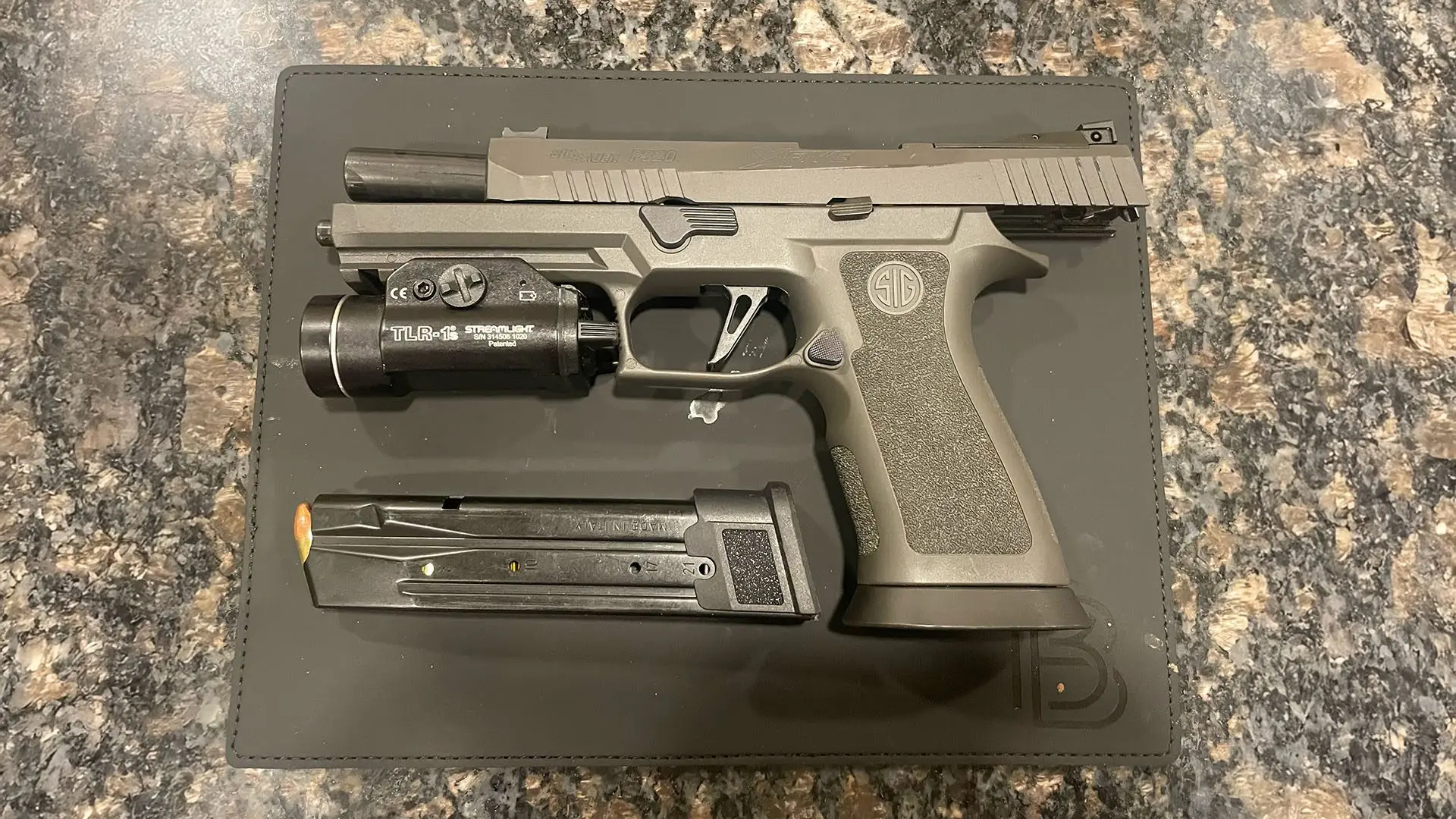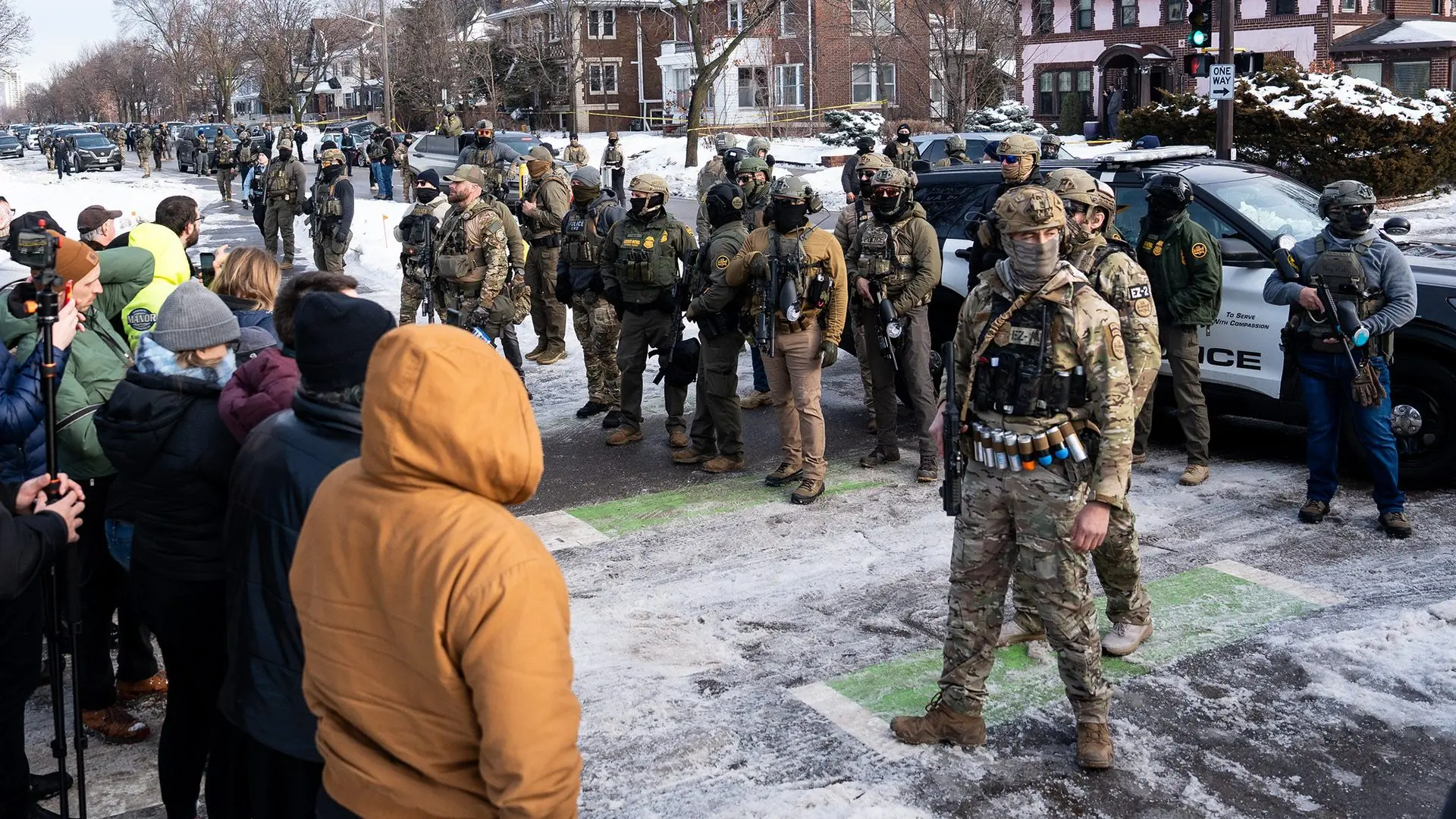The USS Gravely, an Aegis-class destroyer, deployed to the waters near Venezuela as part of counter-narcotics operations.
THE USE OF DEADLY MILITARY FORCE TO DEFEND THE HOMELAND—LAWLESSNESS OR ARTICLE II AUTHORITY TO ADDRESS WHAT IS CLEARLY IRREGULAR WARFARE?
INTRODUCTION
My analysis herein may be considered an outlier—many argue that what is occurring in the destruction of what are clearly sophisticated and fast drug smuggling vessels and their crews is a death sentence without due process. Without a clear understanding of the true meaning of “extrajudicial killing,” Senator Rand Paul (R-Ky) and a chorus of commentators and Democrats in Congress have flatly stated that the President is engaging in illegal conduct pursuant to constitutional and international law. I disagree. The United States Code at 28 U.S.C. 1350 (3)(a) defines such a “killing” as a “deliberated killing not authorized by a previous judgment pronounced by a regularly constituted court affording all of the judicial guarantees which are recognized as indispensable by civilized peoples.” Such critics ignore the fact that courts of appropriate jurisdiction in the United States have routinely declined to pass on any President’s exercise of his foreign policy and Commander-in-Chief authority, as it presents a political question beyond justiciability. The President derives his authority from Article II and history and tradition, as will be discussed below. When so tasked with a justiciable issue, courts have routinely affirmed that the President frequently employs the Armed Forces to protect the national security and has done so hundreds of times through history without a Congressional declaration of war. A further criticism of this action by the President and his Department of War sounds in the wooden view that this is purely “criminal activity” which requires the apprehension of such actors and the intervention of American criminal due process. The evolving view, which I embrace here, is that this activity is at its core irregular warfare waged by non-state actors with state support, which states and actors are part of and sponsored by foreign terrorist organizations. The confluence of “crime” and irregular warfare comes with the objective of destabilization of the target nation as well as the corruption of its infrastructure and officials, negative influencing of public health, and the elevation of crime rates, as well as interfering with economic productivity. A simple “AI” search will reveal these realities. The President’s Executive Order issued on March 25th, 2025, declared that Tren de Aragua was employed by the Maduro regime to engage in hostile acts, irregular warfare, and a predatory incursion against the people of the United States. I maintain that this Promulgation presents an issue exclusively within the province of the Executive and beyond judicial review. It results from intelligence assessments and judgments that any court is ill equipped to adjudicate. Maduro, who is under indictment in the United States for drug trafficking, is not recognized as legitimate by our government. The President’s authority to conduct foreign affairs and policy is beyond dispute. He commands the military and can deploy these assets as Presidents have since the earliest days of this Republic. The Secretary of State also declared several such organizations as foreign terrorist organizations pursuant to well-settled law. The stage is therefore set for an evolving and modern view that uses military means to intercept what has been defined as a coordinated geopolitical action against the infrastructure of the United States using precursor chemicals supplied by China and with specific purposes that transcend the mere monetary gain sought by traditional criminal enterprises. It is time to recognize these truths. Congress can stop it. They won’t.
CARTEL ACTIVITIES HAVE REACHED SUCH A LEVEL OF PARAMILITARY SOPHISTICATION THAT INTELLIGENCE OFFICIALS AND ANALYSTS HAVE POSITED THAT THEY LAY SQUARELY WITHIN THE MODERN VIEW OF IRREGULAR WARFARE
In the March 2025 “Annual Threat Assessment of the U.S. Intelligence Community” the collective analysis of the actions of cartels is summarized as follows:
“Both state and non-state actors pose multiple immediate threats to the Homeland and U.S. national interests. Terrorist and transnational criminal organizations are directly threatening our citizens. Cartels are largely responsible for the more than 52,000 U.S. deaths from synthetic opioids in the 12 months ending in October 2024 and helped facilitate the nearly three million illegal migrant arrivals in 2024, straining resources and putting U.S. communities at risk. A range of cyber and intelligence actors are targeting our wealth, critical infrastructure, telecom, and media. Nonstate groups are often enabled, both directly and indirectly, by state actors, such as China, as sources of precursors and equipment for drug traffickers…”
It continues:
“Some transnational criminal organizations (TCOs) are producing and trafficking large amounts of illicit drugs that are imperiling American lives and livelihoods. They are conducting other illegal activities that challenge U.S. security, such as human trafficking, cyber operations, money laundering, and inciting violence. U.S. citizens—at home and abroad—are facing more diverse, complex, and decentralized terrorist threats.”
The Assessment identified several Mexico, Colombia and other fentanyl producers utilizing precursor chemicals provided by China.
In the Small Wars Journal edition of June 1, 2025, the Editorial Staff published an article entitled “Organized Crime and Drug Trafficking as Irregular Warfare.” They utilize concepts from another piece entitled “Organized Crime as Irregular Warfare” by Dr. David Ucko, a professor at the College of International Security Affairs, and Dr. Thomas A. Marks, a Distinguished Professor of Irregular Warfighting Strategy at National Defense University. The basic premise is summarized as follows:
“Drug trafficking and organized crime emerge as sophisticated forms of irregular warfare that challenge traditional understanding of conflict and governance. There is a profound conceptual overlap between organized crime, drug trafficking, and irregular warfare. These criminal networks are far more than simple criminal enterprises; they are complex political actors reshaping political structures. We must recognize that organized crime, particularly drug trafficking networks, operates as quasi-governmental systems that provide alternative services and opportunities in regions where state institutions fail. These networks strategically manipulate political landscapes, thereby determining economic and social dynamics through a combination of violence, intimidation, coercion, corruption, and strategic service provision. While criminal enterprises do value the monetary gains of their efforts, they are fundamentally engaged in a struggle to influence populations and affect legitimacy.”
In our Hemisphere such activities serve to destabilize the more fragile regimes that are nonetheless important to our overall security. China and Russia have sought to infiltrate and exploit these regimes and have no interest in stopping the flow of illicit drugs. These geopolitical foes have displaced the European influences that spawned the Monroe Doctrine, and they seek to establish and influence regimes antagonistic to our national interests. President Trump sees as a key foreign policy objective the frustration of these goals. Venezuelan and Columbian regimes that are controlled or influenced by powerful cartels need to have this influence diminished or eliminated. Interception and elimination of the drug trade on the high seas and perhaps with strikes internally advance important national security and foreign policy objectives. Apprehension through deadly force is an evolving tool that has its roots in the destruction of Al Qaeda by similar means employed by several Presidents. I will discuss below the centuries of actions by Presidents that have established a well-settled political relationship between the two branches based upon the Article II Commander in Chief powers of the Executive and the “Declare War” powers of Congress up to and after the War Powers Resolution of 1973.
THE UNITED STATES ATTORNEY GENERAL, OFFICE OF LEGAL COUNSEL, HAS ISSUED POSITIVE OPINIONS TO PRESIDENTS OF BOTH PARTIES WHO HAVE SOUGHT TO EXERCISE ARTICLE II AUTHORITY TO PROTECT NATIONAL INTERESTS, ADVANCE FOREIGN POLICY OBJECTIVES, AND JOIN ISSUE WITH TERROR
President Obama in 2011 committed air assets of the United States to support a UN Resolution condemning the actions of Libyan President Qadaffi in allegedly ignoring a ceasefire and with the goal of preventing a “genocide.” Our intervention also saw foreign sponsorship of an attack on our consular activities in Benghazi and the death of a U.S. Ambassador, two security contractors, and a Foreign Service Officer. The Office of Legal Counsel advised the President that such actions were supported without intervention by Congress and the passage of an Authorization for the Use of Military Force. The Opinion stated:
“As we explained in 1992, Attorneys General and this Office ‘have concluded that the President has the power to commit United States troops abroad,’ as well as to ‘take military action,’ ‘for the purpose of protecting important national interests,’ even without specific prior authorization from Congress. Authority to Use United States Military Forces in Somalia, 16 Op. O.L.C. 6, 9 (1992) (‘Military Forces in Somalia’). This independent authority of the President, which exists at least insofar as Congress has not specifically restricted it, see Deployment of United States Armed Forces Into Haiti, 18 Op. O.L.C. 173, 176 n.4, 178 (1994) (‘Haiti Deployment I’), derives from the President’s ‘unique responsibility,’ as Commander in Chief and Chief Executive, for ‘foreign and military affairs,’ as well as national security. Sale v. Haitian Centers Council, Inc., 509 U.S. 155, 188 (1993); U.S. Const. art. II, § 1, cl. 1; id. § 2, cl. 2. The Constitution, to be sure, divides authority over the military between the President and Congress, assigning to Congress the authority to ‘declare War,’ ‘raise and support Armies,’ and ‘provide and maintain a Navy,’ as well as general authority over the appropriations on which any military operation necessarily depends. U.S. Const. art. I, § 8, cls. 1, 11–14. Yet, under ‘the historical gloss on the “executive Power” vested in Article II of the Constitution,’ the President bears the ‘vast share of responsibility for the conduct of our foreign relations.’”
In 2001, the Office of Legal Counsel issued an Opinion at 25 OLC 188 (2001), which clearly established that notwithstanding the actions of Congress on September 14th, 2001, in response to the attacks in New York and Washington, DC, the President would have plenary authority to, as Commander in Chief of the military and the “sole organ of the Nation and its foreign relations, to use military force abroad…” In the Federalist No. 23, Alexander Hamilton stated that the President’s constitutional power to defend the United States and the lives of its people must be understood in light of the Founders’ express intention to create a federal government “clothed with all the powers requisite to the complete execution of its trust.” Indeed, John Yoo, the author of the opinion, who has published extensively on the powers of the “Unitary Executive,” drew from the Constitutional text in stating that the history and structure of the Constitution establish that the Founders entrusted the President with the primary responsibility, and therefore, the power, to use military force in situations of emergency. Article II Section 2 states that the “President shall be Commander in Chief of the Army and Navy of the United States… and he is further vested with all of the “executive Power” and the duty to execute the laws. U.S. Const. Art. II Section 1. These powers give the President broad constitutional authority to use military force in response to threats to the national security and foreign policy of the United States.
The Supreme Court has on several occasions stated and held that the President has broad and substantial powers to direct military operations and to deploy them in the manner deemed most effectual. Indeed, the War Powers Resolution itself establishes a notification procedure after and when a President orders forces deployed. Congress controls the ultimate purse strings for the support of any such engagement. It is understood historically that Presidents Clinton, Bush, Obama, Trump (in both terms), and Biden all ordered strikes for a variety of national and foreign policy objectives. Clinton attempted to use missiles to assassinate members of the Iraqi Intelligence Service in 1993, launching 23 seaborne Tomahawks. In 1998 he ordered similar strikes in Afghanistan and Sudan “because of the threat to our national security.’ These were in response to attacks on our embassies and to deter future attacks. In Somalia the deployment of Rangers to displace and arrest a warlord cost scores of American lives. ALL these actions were considered lawful. Obama ordered numerous drone strikes on suspected terrorists, including at least one American citizen. With or without an AUMF, these would have occurred given the existential threat of Al Qaeda. Remember, in the earliest days of the Clinton Administration, terror attacks by Al Qaeda were considered law enforcement issues. It was soon determined by his advisors that such efforts would fail, and military assets were quickly swapped in. Now such determinations are being made to weaken and destroy the destructive effects of the drug trade as an instrument of a wider pattern of irregular warfare.
CRIMINAL GROUPS IN VENEZUELA, SUCH AS TREN DE ARAGUA AND CARTEL DES LOS SOLES, OPERATE AS ORGANIZED ARMED GROUPS, WHICH HAS ELEVATED THEIR ACTIVITIES BEYOND CRIMINALITY INTO PARAMILITARY INSURGENCY
The President and his Secretary of State have designated select cartels as Specially Designated Global Terrorists with Nicolás Maduro as their leader. Tren de Aragua has been designated as a Foreign Terrorist Organization. This results from their distinct features as Organized Armed Groups (OAGs), which reflects their military tactics and associated acquisition of sophisticated military small arms and, in some cases, armored units. IEDs and RPGs are routinely used and acquired. This status elevates the threat, which provides a basis for the United States to treat their tactics as both attack and threat. The transport of narcotics by surface vessels and even submarines provides not only monetary gain but also the means to destabilize the target nation by straining internal infrastructure, creating public health crises, developing territories of influence, and creating other societal costs. Given this level of sophistication, the current Administration has considered the threat as requiring military assets to properly join issue. The laws of armed conflict recognize this status, and the resulting ability of such organizations to engage in sustained violence permits military targeting of their assets and agents. Of course, intelligence gathering MUST ensure that such targets are associated with the OAG and not purely civilian. The Secretary of War and the Secretary of State have expressed confidence that targeting is select and based upon reliable intelligence. The foregoing would certainly trigger President Trump’s Article II authority, as discussed above, to protect the homeland and meet the threat to our internal security. This is not mere criminality.
THE TARGETING OF THE DRUG BOATS IS A LIMITED ACTION ON THE HIGH SEAS AND RESULTS FROM A DELIBERATION THAT OTHER MEANS HAVE AND WILL FAIL TO INTERCEPT THESE ACTORS AND THEIR METHODS
The President and his defense and national security apparatus, along with the Secretary of State, have declared that the cartels and their agents are engaging in terrorist acts and have acted in the national interest. I believe the following are part of the deliberative process that in and of itself represents the minimal “due process” allowed to foreign criminal terrorists:
- These vessels are built as the result of experiences with traditional drug interdiction methods of law enforcement and are faster and stealthier than those used for lawful pursuits. They cannot outrun missiles.
- They are carrying drugs, given well-settled profiles and sophisticated targeting and detection methods. The critic’s statements that “we haven’t seen the evidence” are unserious.
- Apprehension and arrest in these waters is rendered difficult due to that speed and stealth and would result in increased danger to Coast Guard or other Homeland Security personnel. President Trump flatly stated, “the Coast Guard can’t catch up to them.”
- The use of submarines, however primitive in design, establishes significant outlays in assets by the cartels to avoid detection and demand sophisticated detection methods. One of these vessels was destroyed.
The deterrent effects of this seaborne method of apprehension by deadly force, coupled with a closed border, will weaken these organizations as a legitimate objective of the President to force Maduro and his proxies out of power, to secure the hemisphere from foreign influence, and to destroy the illicit drug trade or substantially weaken it. This is a legitimate national security objective of a President.
CONCLUSION
It is beyond the ability of courts to look behind the declarations of the Executive on the issue of predatory incursion and irregular warfare through criminal activity and drug trafficking. A divided Congress could still issue a resolution authorizing military assets to intercept such activity outside the borders of the United States. It will not happen. It is possible that a 2026 win by a Democrat majority in Congress will lead to impeachment Articles. President Trump is undeterred by any political or procedural accountability. There is ample constitutional cover and authority for this action in my opinion. Years of Biden enriching these actors through inaction must be met with force and the extensive intelligence and military assets of the United States.
Mike Imprevento
October 28th, 2025
